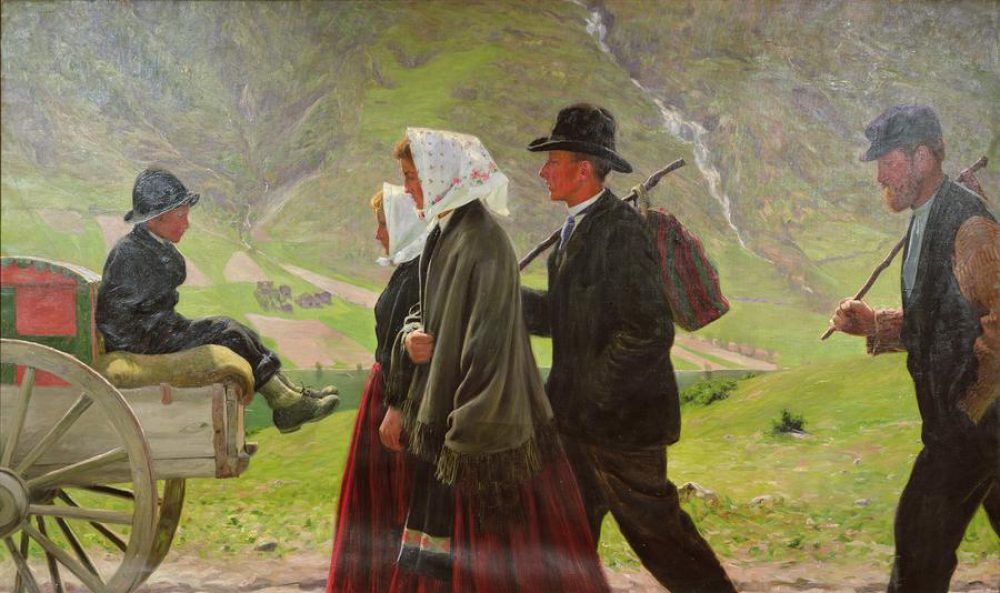Hello,
Please join us for today’s graduate diaspora seminar. Tim Cooper (University of Edinburgh) will be speaking on ‘White Men’s Countries: Popular & Elite Responses to Japanese Immigration, 1906-1914’.
We hope to see you today at 1pm in G15.

Hello,
Please join us for today’s graduate diaspora seminar. Tim Cooper (University of Edinburgh) will be speaking on ‘White Men’s Countries: Popular & Elite Responses to Japanese Immigration, 1906-1914’.
We hope to see you today at 1pm in G15.
It was brilliant to welcome back ex-organiser, and third year doctoral student at the University of Edinburgh, Iain Watson to the graduate diaspora seminar. Iain spoke on the subject of ‘Memory and Inclusion – Waipu, New Zealand and the sharing of its extraordinary migration story’. The story began with the emigration of Waipu’s founding father, Rev. Norman McLeod and his fellow Scottish migrants, and the pull and push factors which encouraged their movements across the world. It began in Ullapool in the Western Highlands, then to Cape Breton Island (Nova Scotia), then to Adelaide, Melbourne and Auckland, and finally to Waipu. This story was truly transnational and has been a foundation stone in the way that the Waipu have told and understood their founding story. However, Iain was keen to highlight how the story of the wider Nova Scotian migration has become conflated with McLeod’s journey, and that the majority of the migrants were not adherents of McLeod’s. How the migration to Waipu (as a faith migration, as opposed to an economic migration) has been interpreted, and the changing influences on that interpretation, still has an important impact on the character of Waipu.
The second half of Iain’s talk examined the ways that the founding story of Waipu has been portrayed by the town’s museum and by the town more widely, as well as how the tension between McLeod’s faith motivations and other Novie migrants’ economic motivation has been explored.
The Waipu Grand Pageant, the heritage trail, and the provision of genealogy services have been a few ways that the small museum has taken advantage of the community resources available to them. The museum is quite small, and therefore has had to use the outside space to tell more stories. To make the Waipu story more accessible to tourists and newcomers to the town, the museum curators have made an exclusive story, the backdrop to other migration stories, bringing together common migration themes of hope and community. Iain used interview footage to examine the different influences on how the story of Waipu has been told.
The Q&A ranged in topic from the Scottish Clearances to the impact of small museums’ adaptive techniques on larger museums around the world. Thank you to Iain for a fascinating paper.
Unfortunately Mauro Di Lullo is unable to speak on 20th October, and therefore his paper will be rearranged for next semester. Instead, the next paper of this series will be Tim Cooper on Tuesday 27th October. Tim will be speaking on ‘White Men’s Countries: Popular and Elite Responses to Japanese Immigration, 1906-1914’. Please join us at 1pm on 27th October in room G15.
Hello,
Please join us for the first graduate diaspora seminar of this semester, tomorrow at 1pm. Iain Watson (University of Edinburgh) will be speaking on ‘Memory and Inclusion – Waipu, New Zealand and the sharing of its extraordinary migration story.’
We hope to see you tomorrow at 1pm in G15.